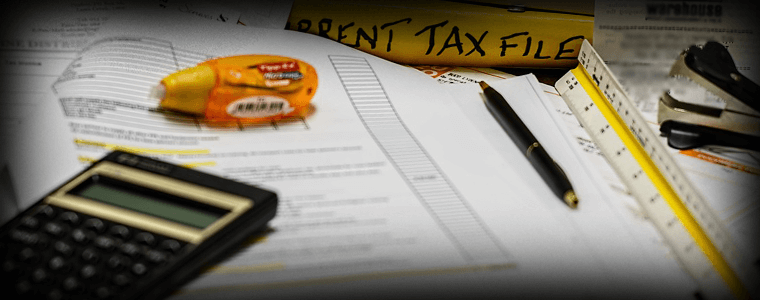By John Lee
Homeowner’s fees, taxes and maintenance on surrendered property in Bankruptcy:
After the real estate values plummeted a few years ago we began seeing more and more debtors filing a bankruptcy and more surrendered property to the mortgage company. For the debtors, this was a very wise decision because their property was hopelessly underwater with overwhelming amounts of negative equity. However, not only were debtors having a difficult time, banks were caught up in all kinds of trouble as well. Between having millions of foreclosures, federally mandated loan modifications and multi-billion dollar lawsuits filed against them by the federal government, they just could not get to all the foreclosures.
This caused a major problem for the honest debtor seeking relief in bankruptcy court. The debtor elected to surrender the real estate back to the bank so as to no longer be responsible for the house he could no longer afford, but the bank would take several months, in some cases years to conduct the foreclosure sale. This is problematic for the debtor because while the mortgage balance is discharged, the house is still in the debtor’s name. Even after the foreclosure the debtor would be liable for future debts associated with the house such as taxes, homeowner’s association fees and maintenance. We saw cases were the debtor did not mow the yard and the city would send the debtor a bill or fine because the house was still in the debtor’s name.
In the case In re Madeline Rosa, Debtor (495 B.R. 522), the Hawaiian Bankruptcy Court ruled in favor of the debtor, “It is true that ‘surrender’ under 11 USCS 1325 (a) (5) (c) does not transfer title to the property. But Congress spoke of ‘vesting,’ not ‘surrender,’ in 11 USCS 1322 (b) (9). Under familiar rules of statutory interpretation, courts presume that, when Congress uses different words, it means different things. The plain meaning of ‘vesting’ includes a present transfer of ownership. Thus, 1322(b) (9) permits inclusion of this nonstandard provision.”
The Court in Rosa goes onto say that because the debtor provided for the property to vest in the banks name upon confirmation of the plan and the creditor received proper notice and failed to object, then the plan could be confirmed and the property vested with the creditors.
The Court in Rosa may have come to a different conclusion had the mortgage company objected to the property vesting in their name. The mortgage company could argue that merely vesting in their name does not take the place of a foreclosure sale because there could be other lien holders that may have to be noticed and dealt with in a foreclosure sale.
There have been several courts that have allowed a debtor to propose in the Chapter 13 plan that the property “vests” with the creditor upon confirmation. Some of the courts will allow for a debtor to quit claim the property back to the creditor upon confirmation of the plan. Once the property is deeded back to the creditor in the State Court deed recording office hopefully the statutory lien holders will look to the creditor, rather than the debtor, for post petition liens against the property.
While the concept of “vesting” property back to the mortgage company is not accepted in every jurisdiction, it seems there is hope for the debtor that wishes to fully surrender a house in bankruptcy.
This blog post may be considered Advertising Material.


